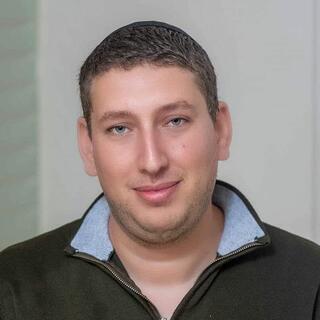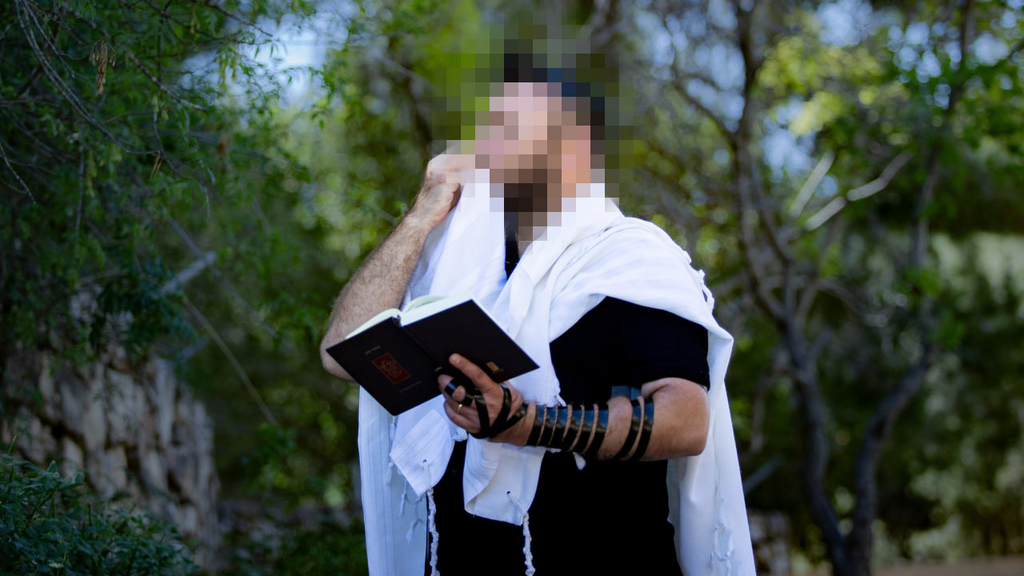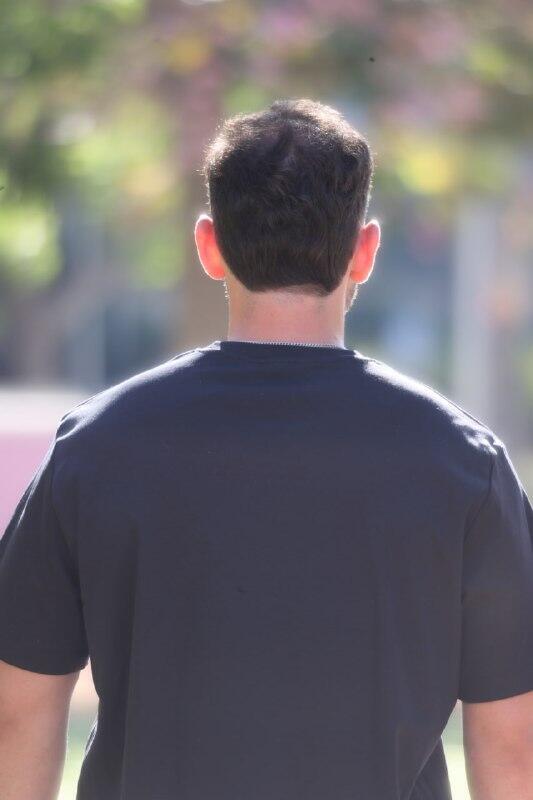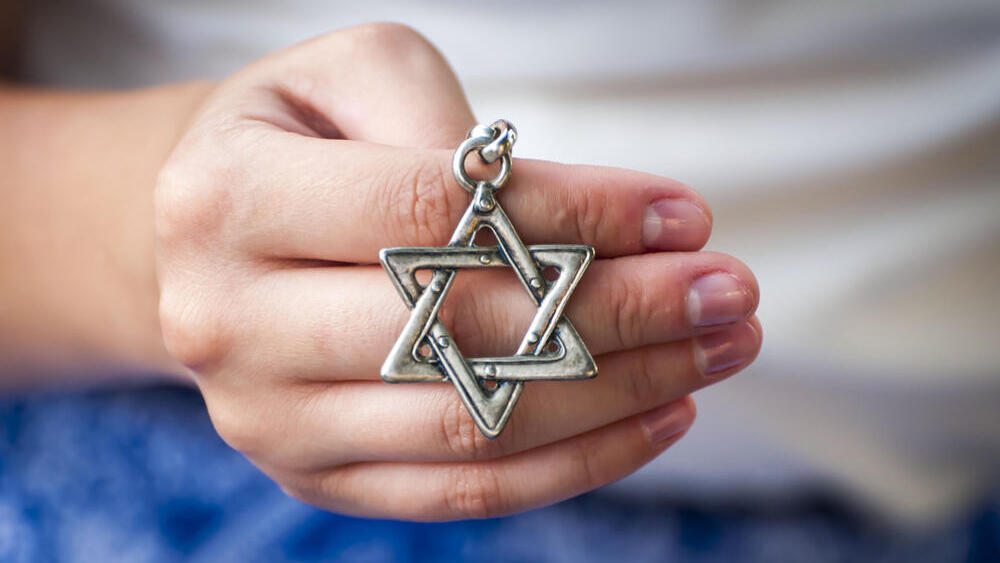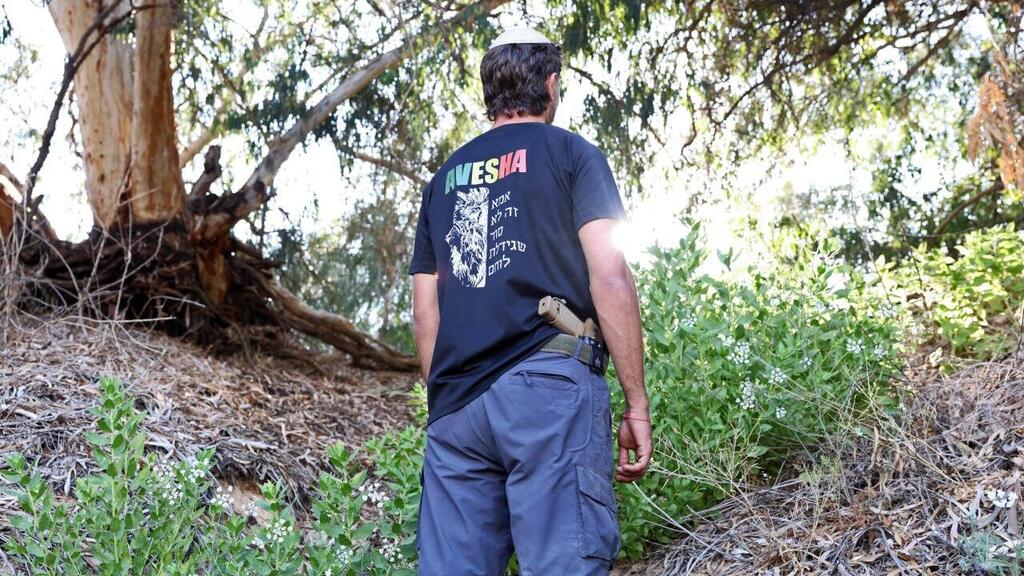While fighting in the war in Gaza, several IDF reservists have taken a significant personal step: joining the Jewish people through religious conversion.
“It’s not just a military commitment—it’s a spiritual one,” said Rabbi Dr. Shaul Farber, head of the Itim organization which helps guide people through conversion to Judaism. “Since the start of the war, we’ve seen a 50% increase in applications for conversion. People want to feel part of the Jewish story.”
One of them is 33-year-old Michael, who was wounded while serving in the reserves. Originally named Valery, he made aliyah to Israel with his father and two brothers and grew up in the southern moshav of Hodaya.
After a traumatic separation from his father, he was raised in boarding schools and later served time in prison for robbery. He eventually entered rehab at Sde Bar Farm in Gush Etzion, where, he said, “I went through a big transformation.” He later joined a combat unit in the IDF and began to rebuild his life.
“I always knew I wasn’t Jewish,” Michael said. “In the boarding school, kids would say it to my face. And I’d never had a brit milah (ritual circumcision), so I knew I was different.”
As a teenager, Michael lost his father and began feeling a deep connection to Judaism. “I felt God was watching over me,” he said. “I’d pray and feel I was being answered. But even though I went to the synagogue, I wasn’t truly part of it. It didn’t feel right.”
Michael tried to convert several times—after his military service, again as a civilian and in recent years—but never completed the process. “Looking back, I wasn’t ready,” he said. “I was called up on October 7, and was wounded in the leg during the war. I later returned to Gaza in a different role but realized I was still broken and had a long road to recovery.”
During the fighting, Michael wrote to the Conversion Authority, asking to expedite his case. “I told them I was in Gaza and didn’t know what would happen. If something happened to me, I wanted to die a Jew,” he said. “In the end, I was injured before the process could be completed but the war made me feel part of the story. I didn’t just want to fight as an Israeli—I wanted to be a Jew in every sense.”
Get the Ynetnews app on your smartphone: Google Play: https://bit.ly/4eJ37pE | Apple App Store: https://bit.ly/3ZL7iNv
Michael ultimately completed his conversion through the IDF’s Nativ program. “I stood before the conversion court several times until I could answer everything,” he said. “It wasn’t easy but they don’t want you to fail—they want you to succeed. Becoming part of this people is incredible.”
Avi, a 24-year-old from Ra’anana, also completed his conversion after serving in the army. Born in the U.S. and raised in Venezuela until age four, Avi made aliyah to Israel with his family. His mother is not Jewish and under Jewish law, that meant he wasn’t either. “I grew up secular and never really felt ‘non-Jewish,’” he said. Before his draft, Avi was accepted into Givati Brigade’s elite reconnaissance unit.
While he had the chance to join a military conversion course before enlisting, Avi declined. “A friend in Givati told me he’d converted with the help of Gilad Nitzan, a religious man from Shiloh,” he recalled. “I thought Gilad might help guide me too but then he was killed in the war.”
During his service, Avi became a commander and the idea of conversion was pushed aside. “During the war, I wanted to stay with my unit. Only after my discharge did I begin the conversion process,” he said.
“I connected deeply to the Jewish story. As a kid, I heard about my grandfather, a Holocaust survivor. In the war, I understood what it means to belong to a people. You can experience antisemitism and conflict as an Israeli—but it’s different when you are part of the Jewish people.”
Avi said he felt Nitzan’s absence throughout the process. “Gilad had this joy about him. He’s in that famous picture holding a Torah scroll. Even his Shabbat celebrations were special,” he said.
As part of his conversion, Avi had to find a host family for Shabbat and a local community. That’s how he found Rabbi Farber’s synagogue. “I felt lost, but I walked in and we connected,” Avi said.
“He eventually joined a host family—actually the gabbai’s family—and even spent Passover with them,” Farber added. “It’s a story we’ve seen a lot during the war. Just last Shabbat, which we dedicated to conversion, Avi gave a sermon to the whole synagogue about his journey.”
Yuri, another IDF soldier, is nearing the end of his conversion process. He completed his mandatory service in March and went straight into reserve duty. Raised in Ashkelon among mostly traditional Jewish friends, he said he grew up observing Jewish holidays and customs.
In high school, when he began the military screening process, he was invited to join a conversion course. “I was estranged from my parents at the time and didn’t even know for sure that I wasn’t Jewish. But the invitation made it clear,” he said.
He postponed the course until after his service—but the war made his decision final. “I’ve always felt God’s presence in my life,” he said. “On October 7, when I was called up to Zikim and the Erez Crossing, my first instinct was to protect the Jewish state. Throughout the fighting, I felt more and more connected to this people, to this land.”
He said thoughts of the hostages and civilians drove him during the war. “In any other country, without this people, it wouldn’t have been the same. My connection to the Jewish people grew stronger. The Nativ course gave me structure and support and I’m proud to be part of it.”


